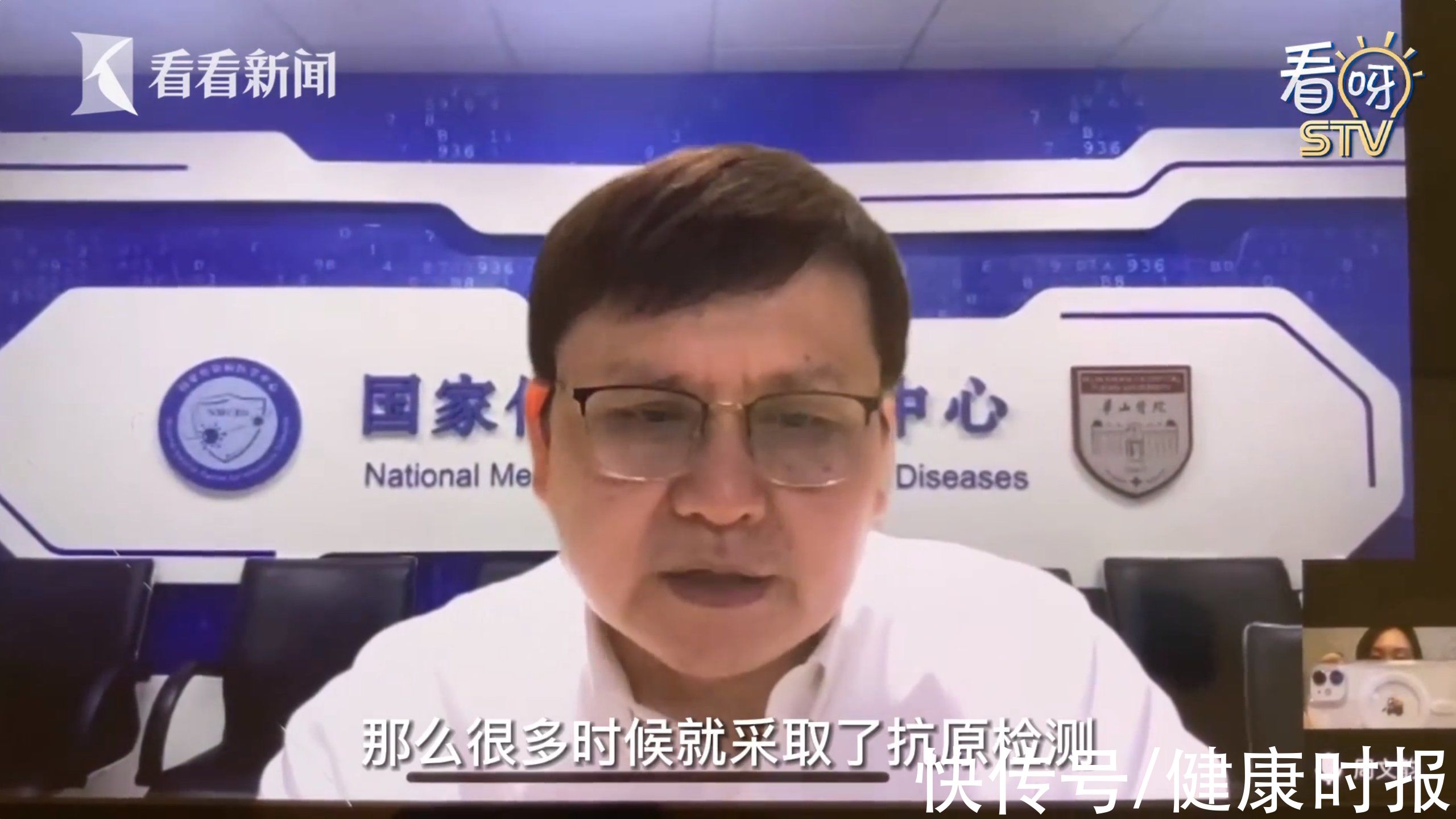On March 12, the State Food and Drug Administration issued a notice to approve the self-testing of novel coronavirus antigen products of Nanjing Novizan, Beijing Jinwofu, Shenzhen Huada Yinyuan, Guangzhou Wanfu Bio, and Beijing Huaketai Bio. Apply to apply for changes. Since then, five new coronavirus antigen self-test products have been officially launched.
On March 11, the website of the National Health and Medical Commission issued an announcement that the State Council’s Comprehensive Team of the Joint Prevention and Control Mechanism for Novel Coronavirus Pneumonia Outbreak issued the “New Coronavirus Antigen Detection Application Plan (Trial)”. The “Plan” pointed out that in order to further optimize the new coronavirus detection strategy, according to the needs of epidemic prevention and control, the comprehensive group of the joint prevention and control mechanism of the State Council decided to promote the monitoring mode of “antigen screening and nucleic acid diagnosis”, and increase antigen detection on the basis of nucleic acid detection. As a supplement, further improve the ability of “early detection”.
Where can I buy antigen self-testing reagents?
According to the “New Coronavirus Antigen Detection Application Plan (Trial)”, community residents who have self-test needs can purchase antigen detection reagents by themselves through retail pharmacies, online sales platforms and other channels Take a self-test.
About the price of antigen testing, Huang Ailong, member of the National Committee of the Chinese People’s Political Consultative Conference and president of Chongqing Medical University, analyzed in an interview with Sino-Singapore Jingwei on March 11 that the ex-factory price in a reasonable range is about 5 yuan for 1 person and 2 for 2 people. 8-10 yuan, the terminal price does not exceed 20 yuan / person, far lower than the current price of products sold in Hong Kong.
What is the difference between nucleic acid testing and antigen testing?
Compared with nucleic acid detection, antigen detection has two advantages: convenience and speed.
Zhang Wenhong, director of the Department of Infectious Diseases of Huashan Hospital Affiliated to Fudan University, introduced in an interview with Kanya STV on March 11, “Antigen is like the outer ‘clothing’ that our virus wears, and nucleic acid is the gene inside the virus. These two tests are slightly different. Today, not only in Shanghai but also in other parts of the country, we have seen infected people in different areas, and the virus has spread very fast in a very short period of time. If we still rely entirely on nucleic acids as before, we will have certain difficulties in prevention and control. Nucleic acid testing requires certain equipment and conditions. If nucleic acid sampling is not convenient in this place, then antigen testing will be faster and less expensive. “< /p>

Why did you use nucleic acid detection instead of antigen detection before? Zhang Wenhong explained that this is because antigen detection is less sensitive than nucleic acid detection, but once it is positive, it has great value. In the future, if we face larger-scale testing, we can achieve early detection and early isolation at a faster time.
Can antigen test results replace nucleic acid test results?
The answer is no. The notice made it clear that after research, the State Council’s comprehensive team of the joint prevention and control mechanism for the new coronavirus pneumonia epidemic decided to add antigen testing as a supplement on the basis of nucleic acid testing. Nucleic acid testing is still the basis for the diagnosis of new coronavirus infection.
The “Basic Requirements and Procedures for Self-Testing of New Coronavirus Antigens” in the pilot program also emphasizes that antigen testing is generally used in the acute infection period, that is, the sample testing within 7 days of the onset of symptoms of suspected people. Both positive and negative antigen results of suspected populations should undergo further nucleic acid testing. Positive results can be used for early triage and rapid management of suspected populations, but cannot be used as the basis for the diagnosis of new coronavirus infection.
Who is eligible for antigen testing?
The “Plan” stipulates that there are three categories of people for antigen testing:
First, go to primary medical and health institutions for treatment, accompanied by symptoms such as respiratory tract, fever and other symptoms. Persons within 5 days;
The second is quarantine observation personnel, including home quarantine observation, close contact and sub-close contact, entry quarantine observation, closed control area and personnel in control area;
The third is community residents who need antigen self-testing.
At the same time, it clarified the main conditions that three groups of people need to meet for antigen testing and the channels for obtaining testing reagents, and formulated the management process for disposal after positive detection, to promote the connection between antigen testing and nucleic acid testing. (Lu Yang)